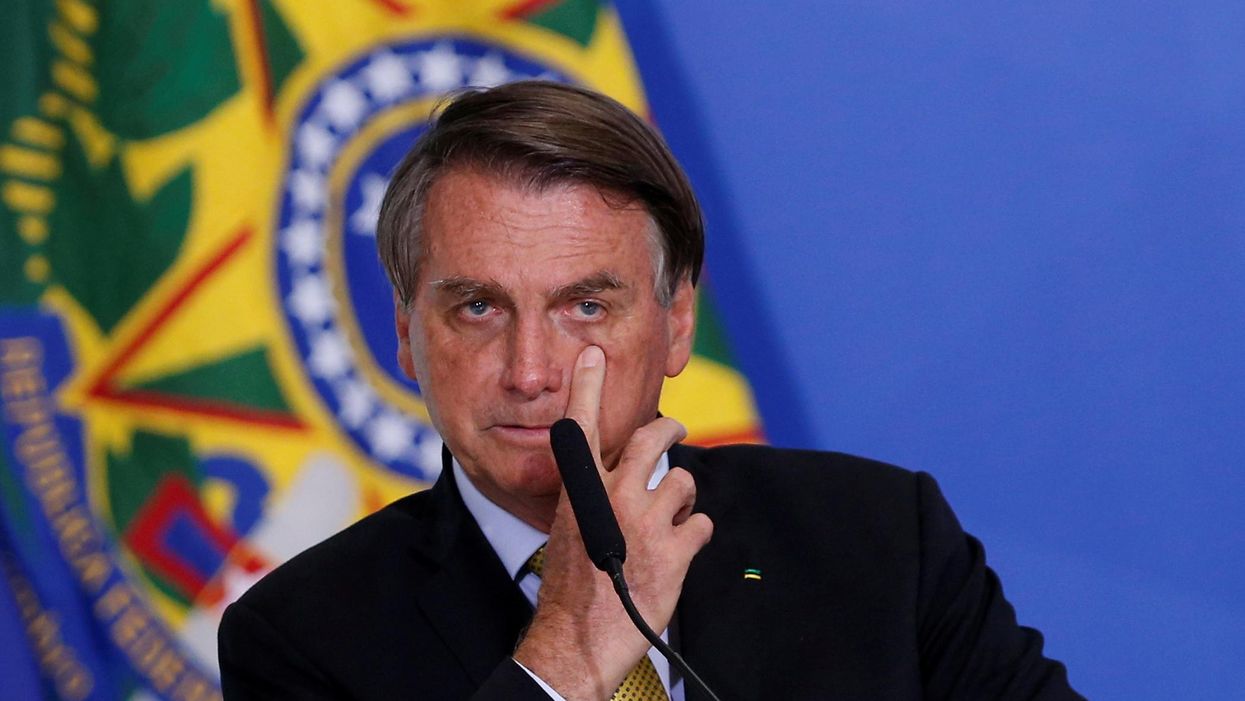News
What We're Watching: Bolsonaro criminal probe, Lebanon's "social explosion," Zuma defies court, Putin's definition of champagne
Will Brazil's president be impeached over a COVID vaccine corruption scandal? Why is there a looming "social explosion" in Lebanon? Read the latest developments.
Jul 06, 2021

